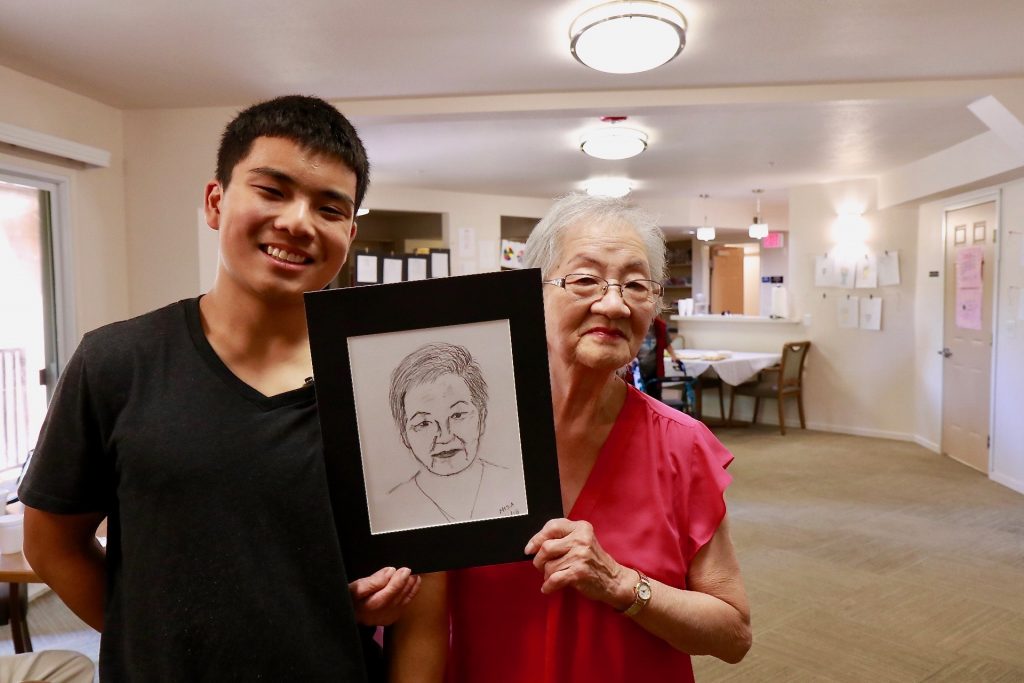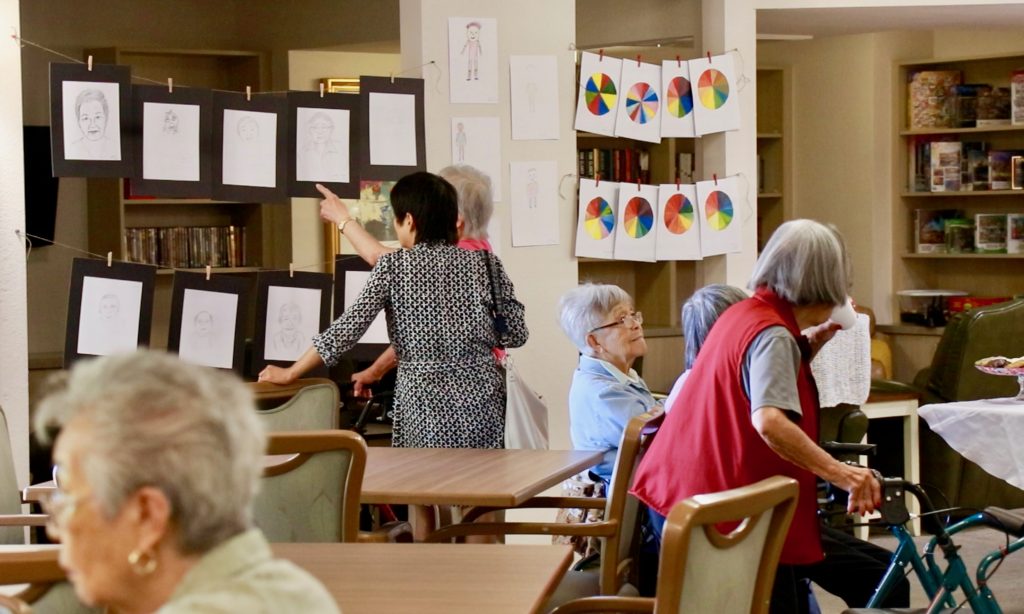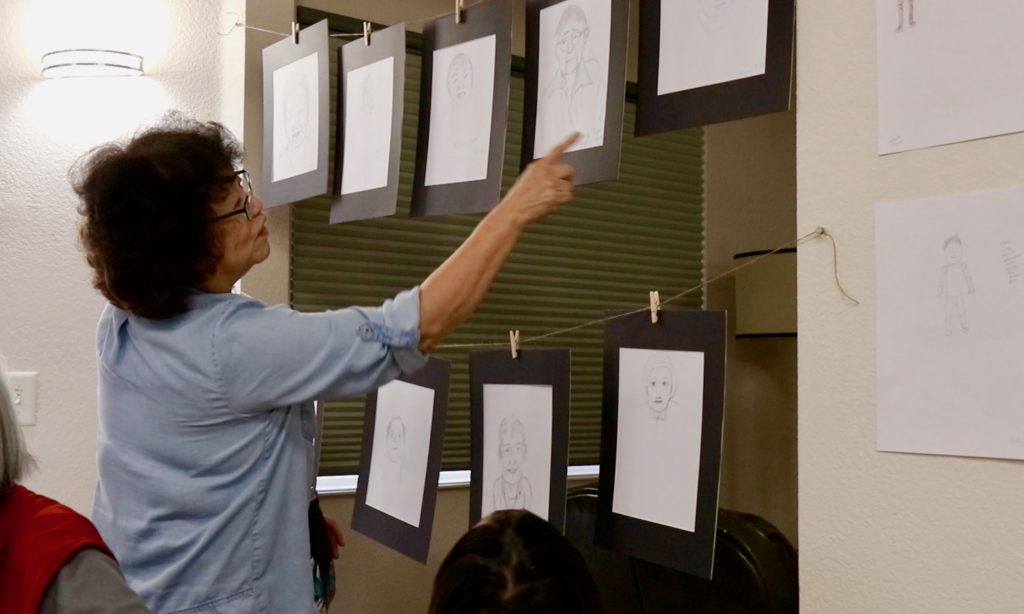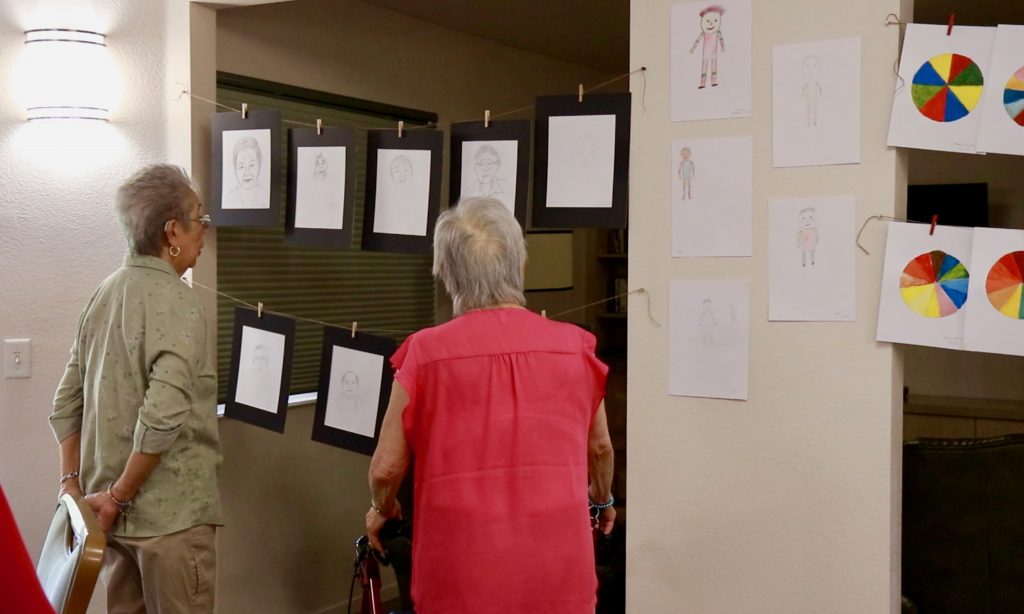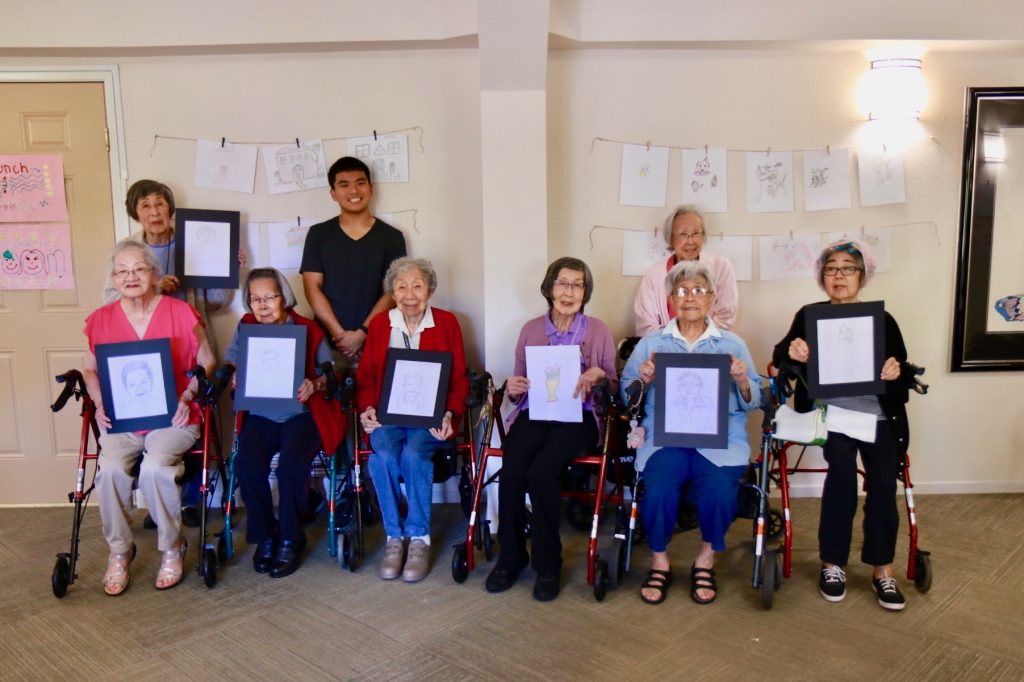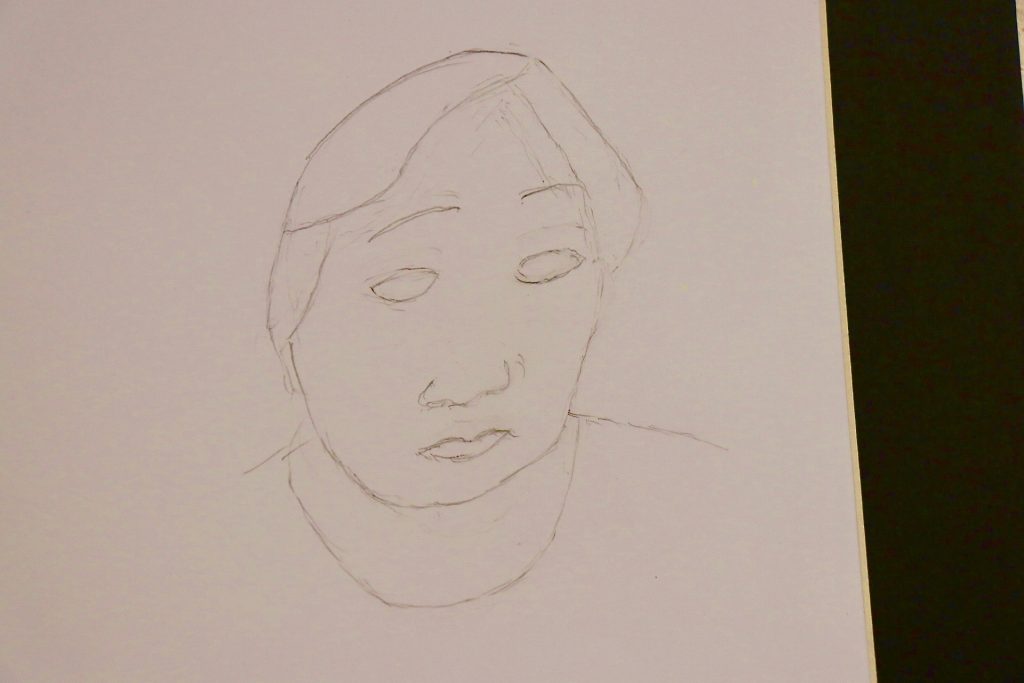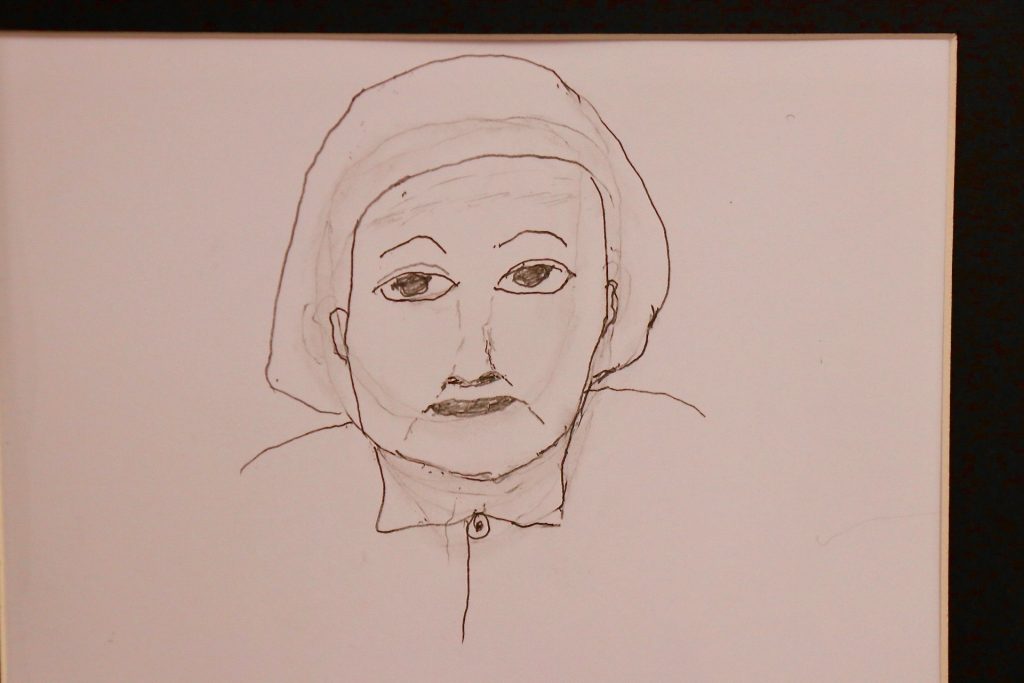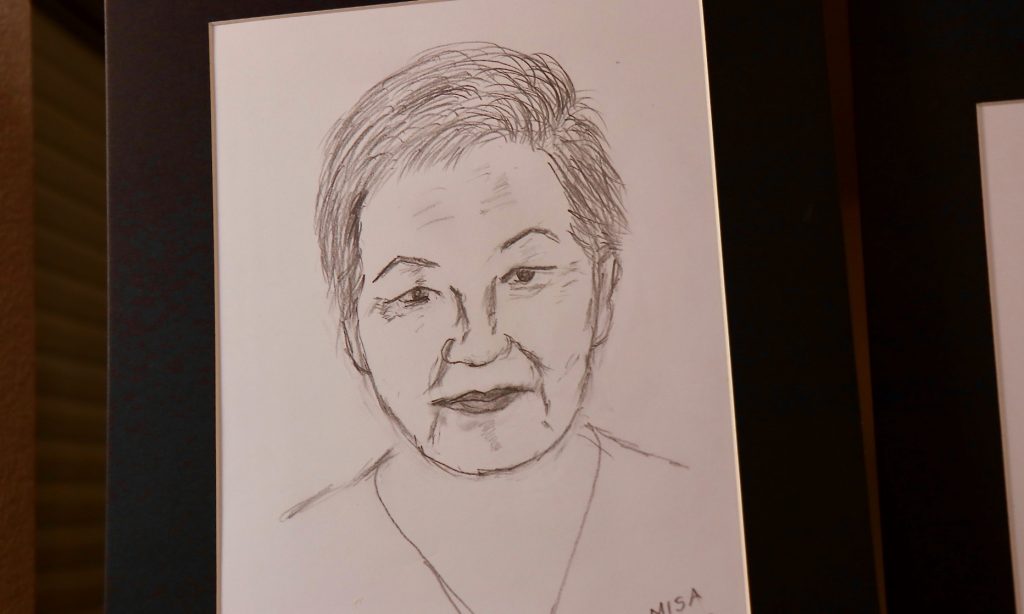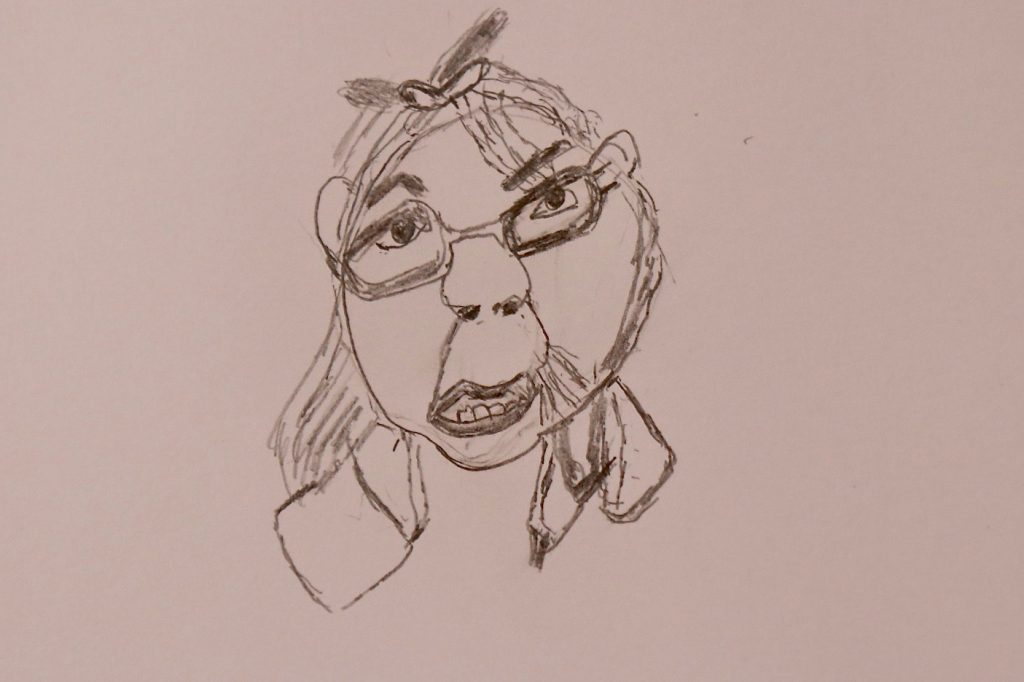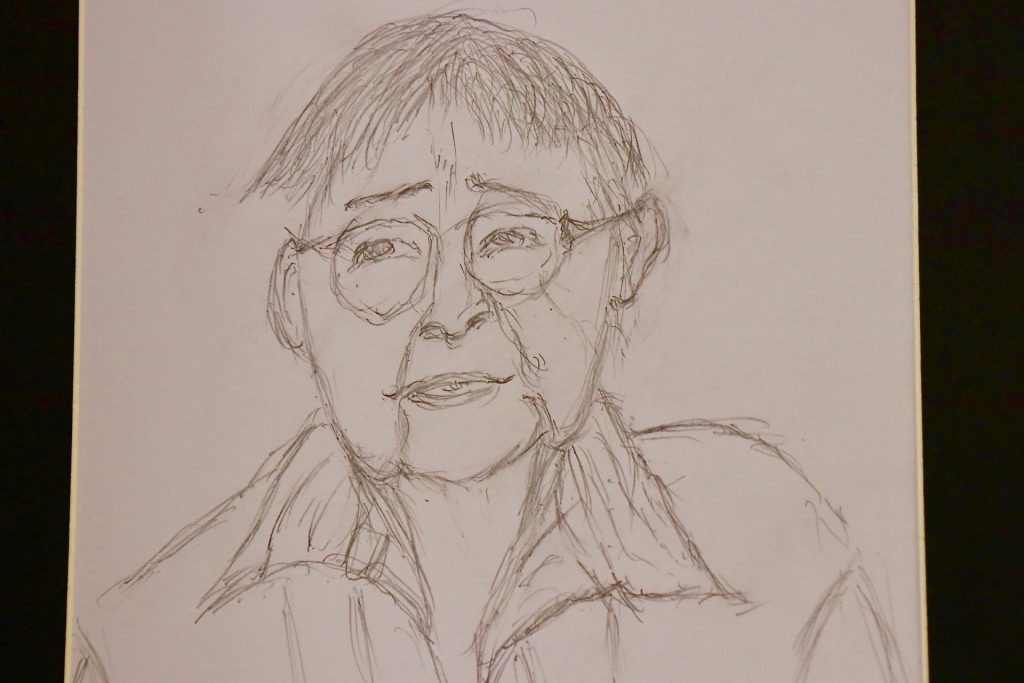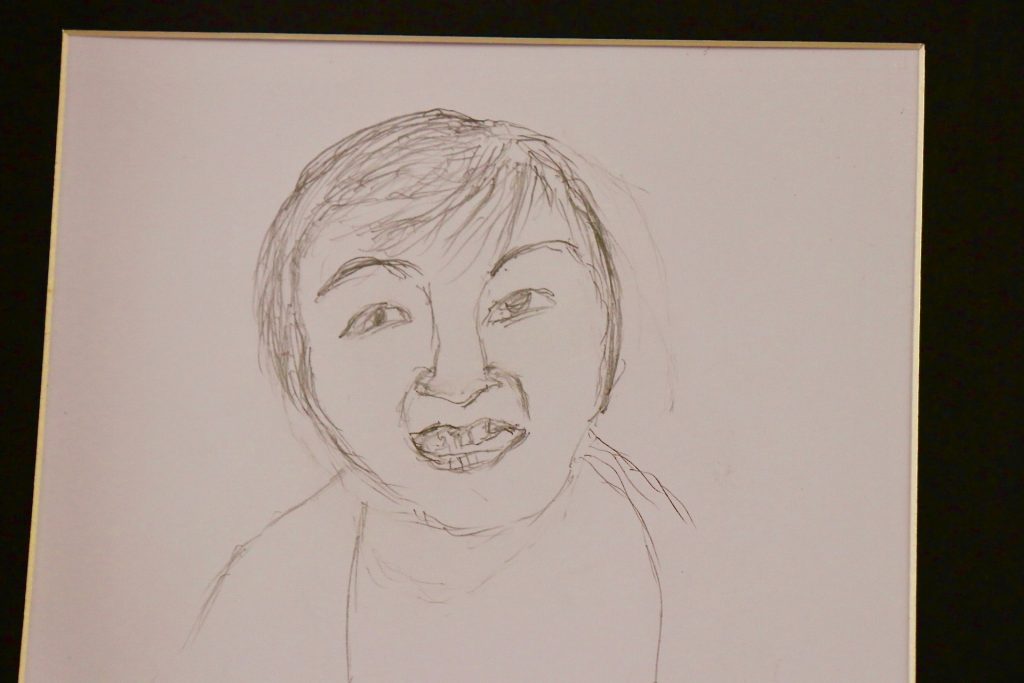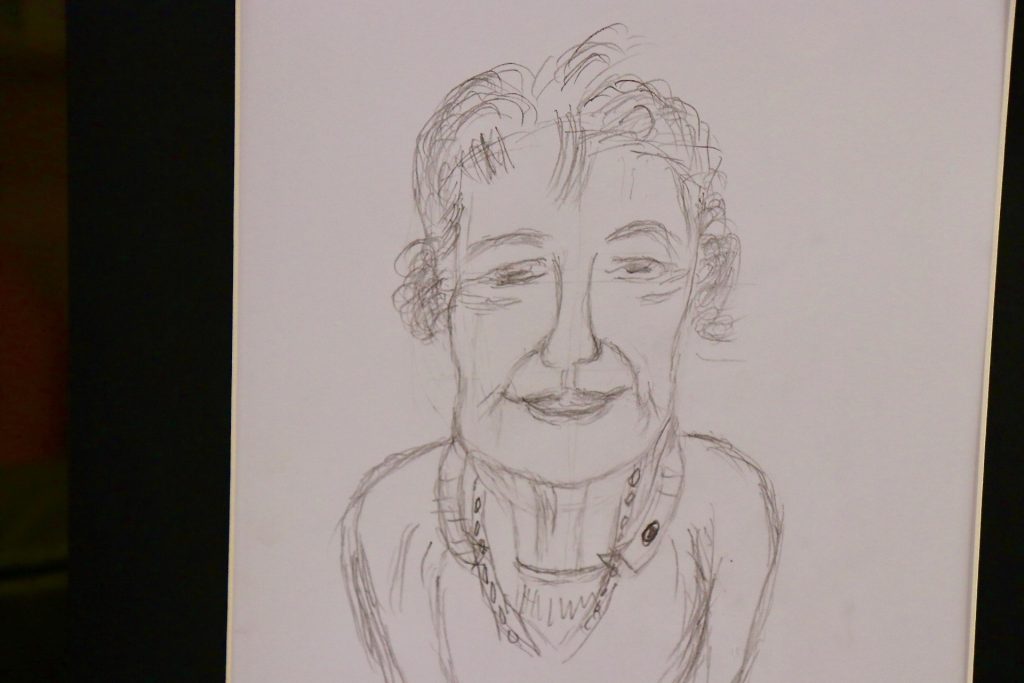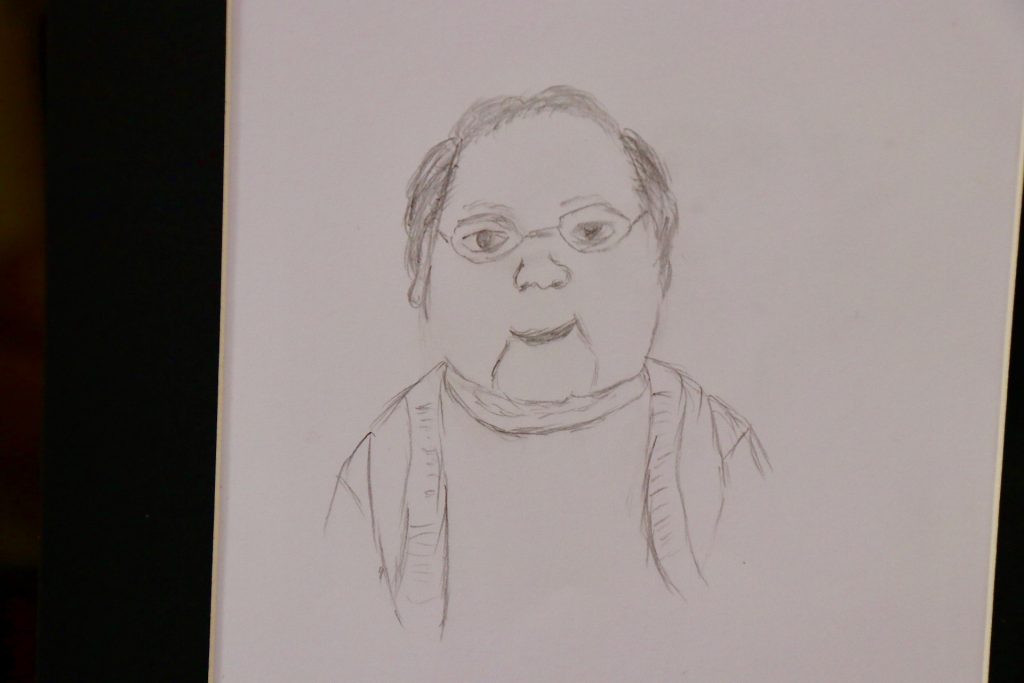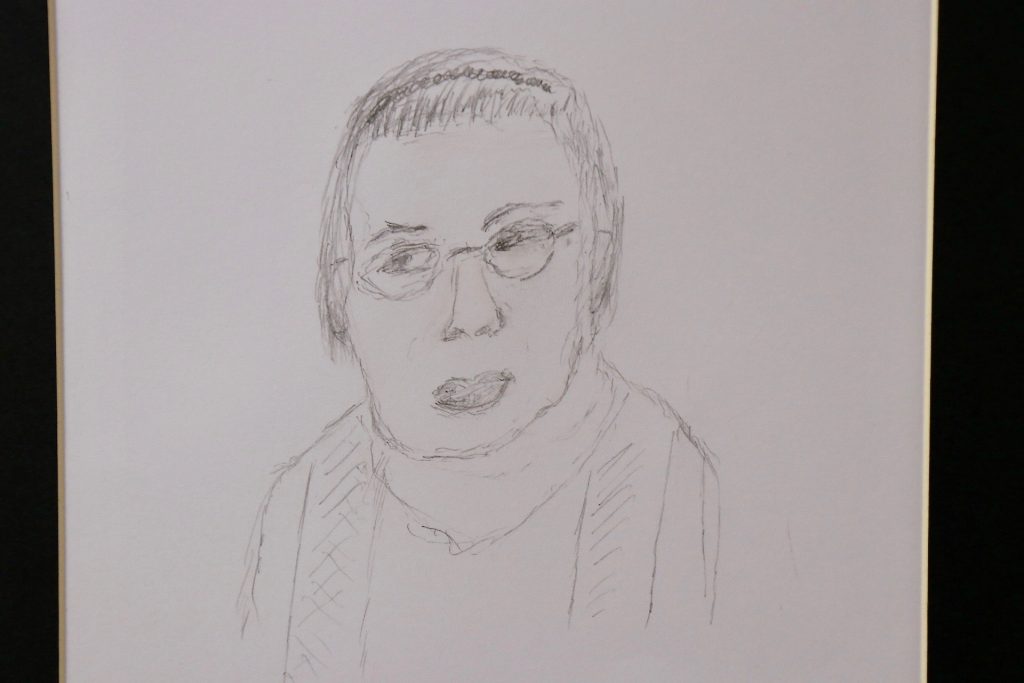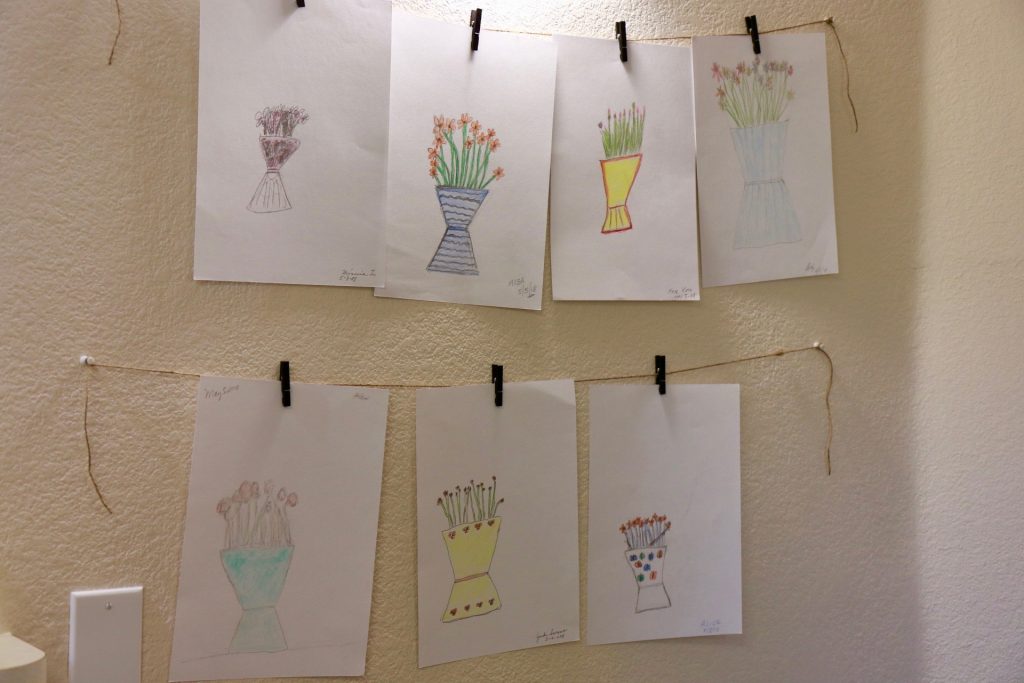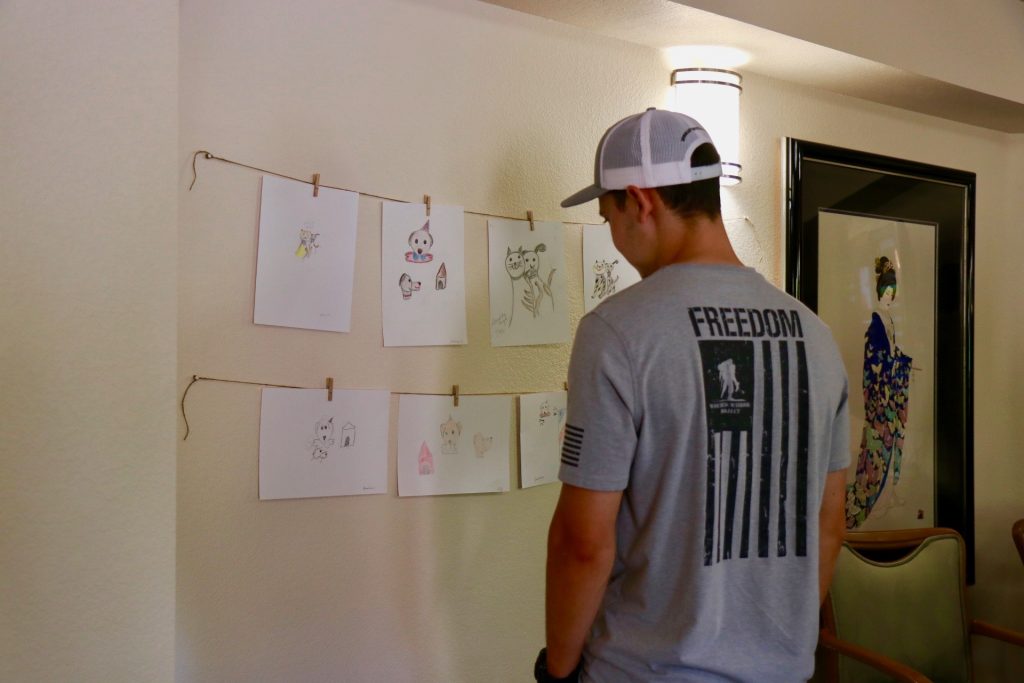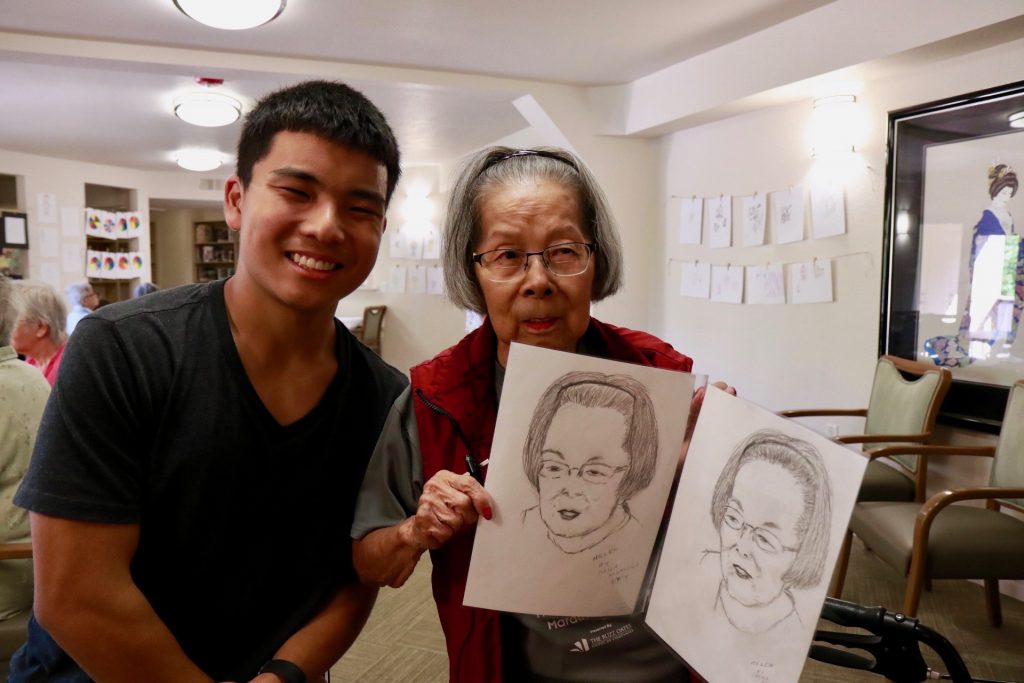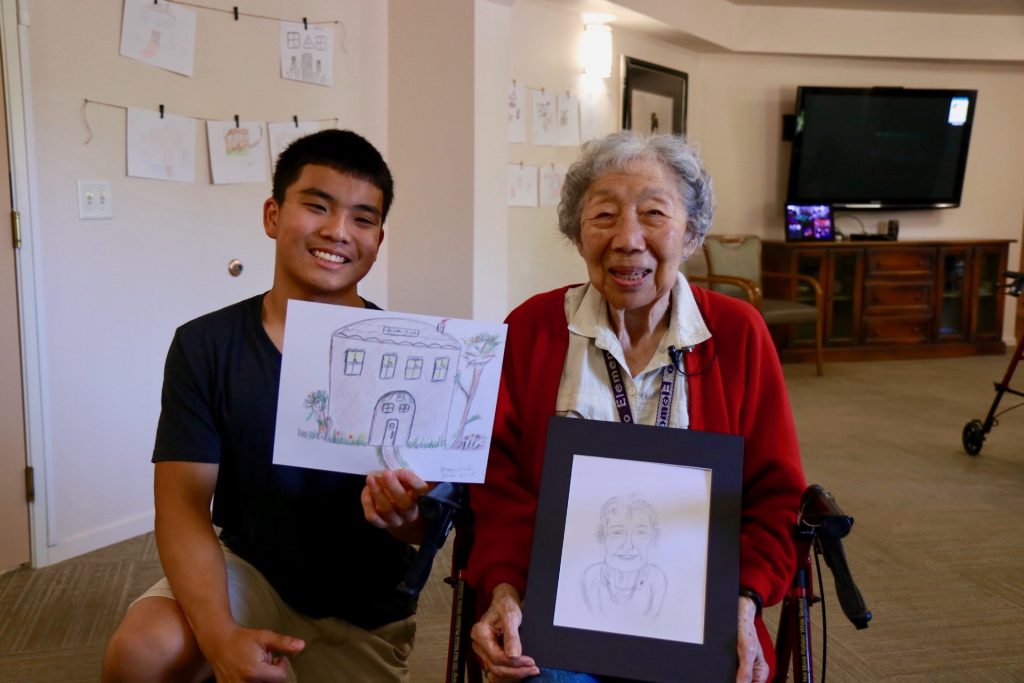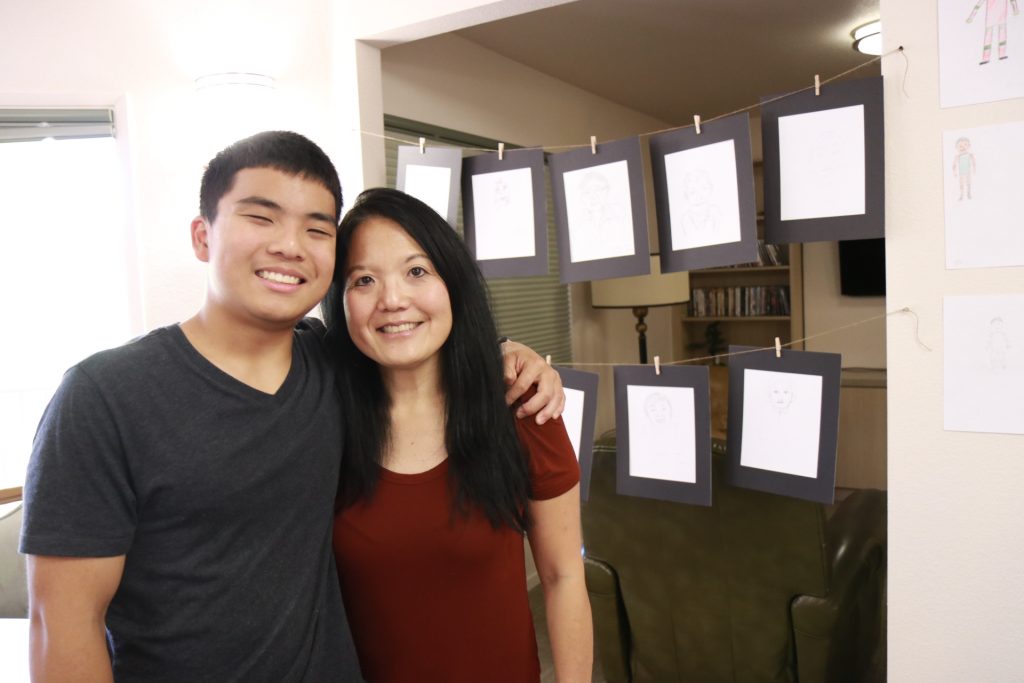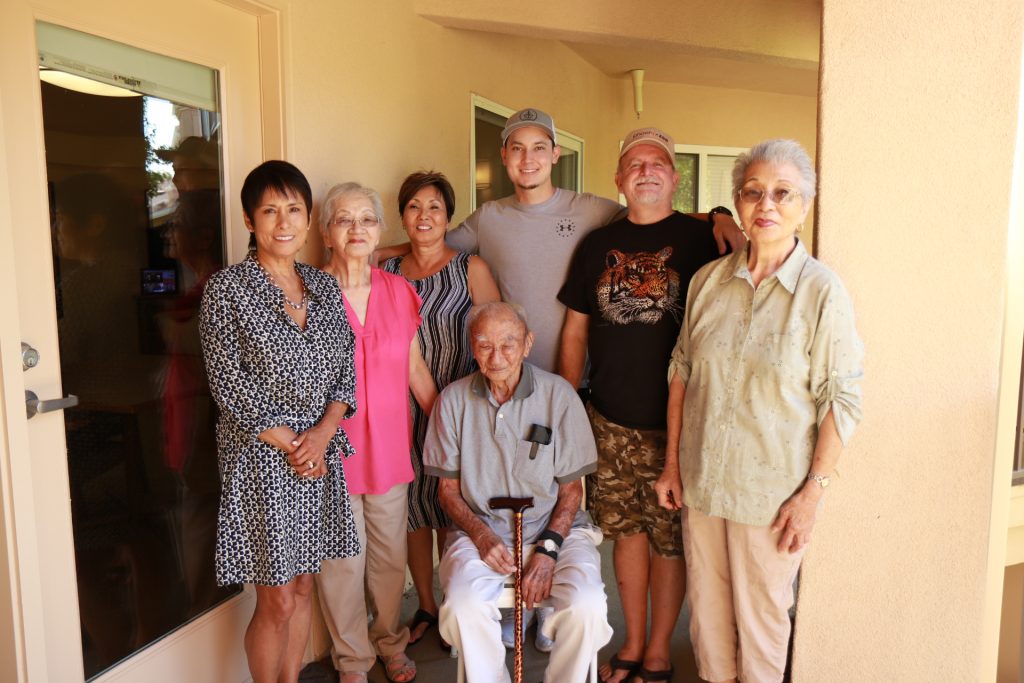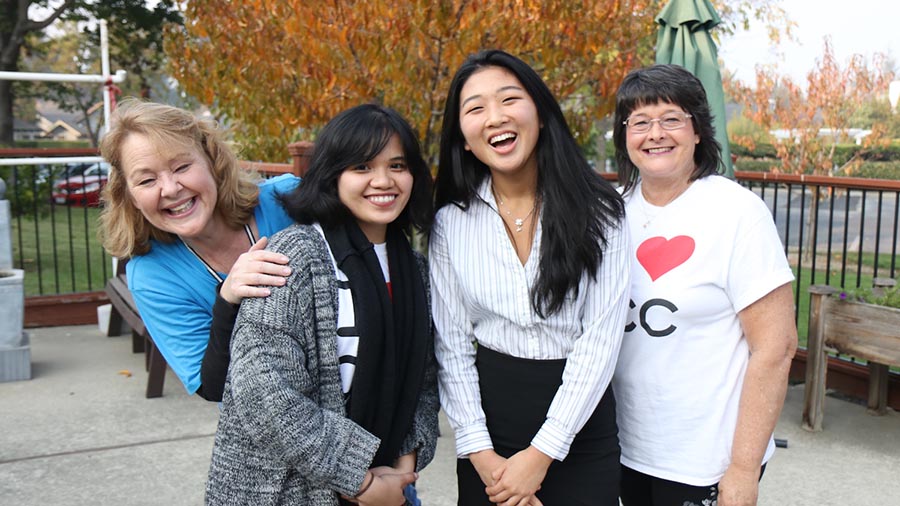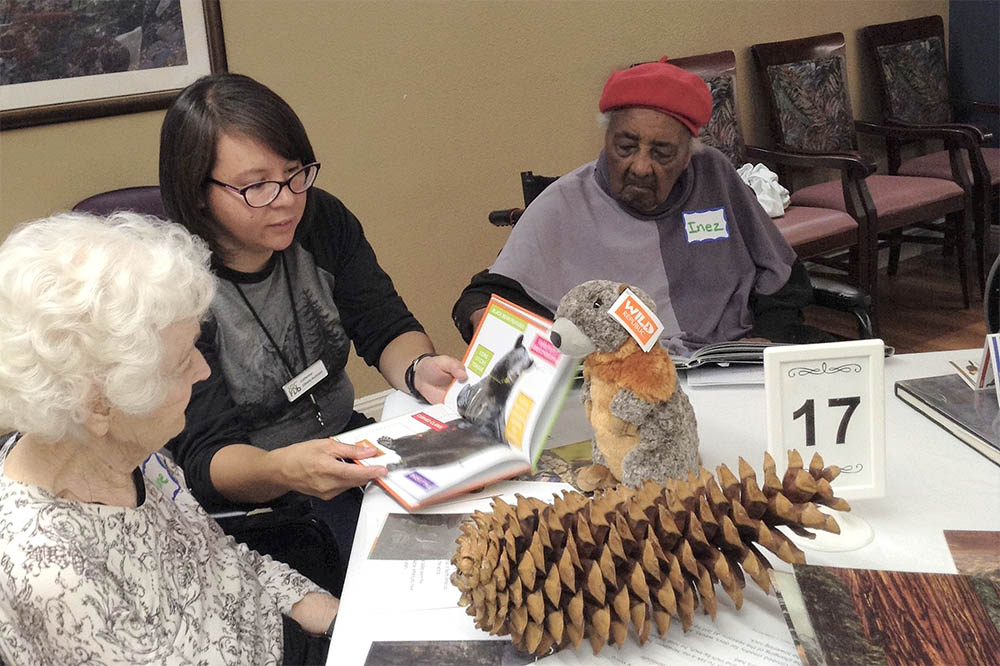May 2018 was Older Americans Month, a national observance which celebrates senior citizens around the country and the importance of community programs that serve them.
This year’s theme, “Engage at Every Age,” was enacted by the Administration of Community Living (which operates under the U.S. Department of Health and Human Services).
This theme emphasized that a person is, “Never too old (or too young) to take part in activities that can enrich your physical, mental and emotional well-being.”
Here at ACC, the Lifelong Learning and Wellness Program (LLWP) aims to improve the quality of life and the quality of aging for seniors in the community by offering an array of classes and activities. Several of the most popular classes involve music and dance.
Glenn Watanabe, who has taught music at ACC for several years, reflects on the early years of the ACC music program. In January 2009, Glenn taught the very first ACC Beginning Ukulele Class. Prior to that, instrumental music at ACC was virtually nonexistent.
“Except for the Chinese Opera Singing Class, there was no ACC music program per se,” he said. “The graduates from the first class enjoyed playing together so much that we formed ACC’s first ukulele performing group, the Pocket Pickers, in May [2009].”
Since then, four more ukulele clubs and performing groups have been created, along with two guitar groups: Guitar Ensemble and the Folk Guitar Club.
Recently, the Guitar Ensemble welcomed a new member: ACC CEO Darrick Lam. Mr. Lam performed with the Guitar Ensemble group for the first time last April at an ACC Greenhaven Terrace meet-and-greet event. Together, the group sang songs from genres that ranged from 1970s folk rock to contemporary hits.
“It’s fun to be with the Guitar Ensemble,” Mr. Lam said. “We gel very well together. It’s just a good way to spend Wednesday evening with very talented and fun musicians.”
Having been trained in classical music since childhood, Mr. Lam believes in the power of music and its effectiveness in creating new bonds. “Music is a universal language,” he said. “Music helps people come out and be part of a large group, even in an hour’s time. That’s crucial.”
A recent study came to a similar conclusion. In 2015, the National Endowment for the Arts released a report that showed how participatory arts programs, including music, benefits older adults’ mental, physical, and social health, regardless of a person’s skill level.
Watanabe also emphasized the importance of music in building positive lifelong skills and habits for older adults, especially connecting with each other: “What I enjoy most is that the participants in these groups are getting out and about, learning new music and performing skills. They’re socializing and are giving back to our communities by performing at nursing homes and assisted living facilities.”
ACC’s music groups have also performed at Meals on Wheels Cafe sites, church functions, community and government events, and their special performances include museum events and WWII Relocation Camp reunions.
Lois Nishimura, a participant in ACC’s music program for nine years, is an active member of ACC music clubs like the ACC Pocket Pickers, Folk Guitar Club, Aunty Amy’s Hula, and the Show Stoppers. However, she states that music was absent for most of her life.
“I knew nothing about music before I came to ACC,” she said. “I was so busy raising my kids. But now they’ve grown, and it’s my time to learn.”
Watanabe recalls witnessing memorable and touching moments for an ACC music participant: “A member of the ACC Greenhaven Terrace and Happy Strummers Ukulele and Singing Club cried when she saw how happy their music made participants of Triple-R Program (Sacramento’s licensed adult day program) feel.”
As a participant in ACC’s music program, Nishimura understands the anxiety common among people who are learning a new skill, or have no musical background. Her advice to new participants or those interested in ACC Music is to just have fun and be open to the opportunity of learning.
“You’ve got to try at least one time,” she said. “We always help each other. We’re all growing together here.”

